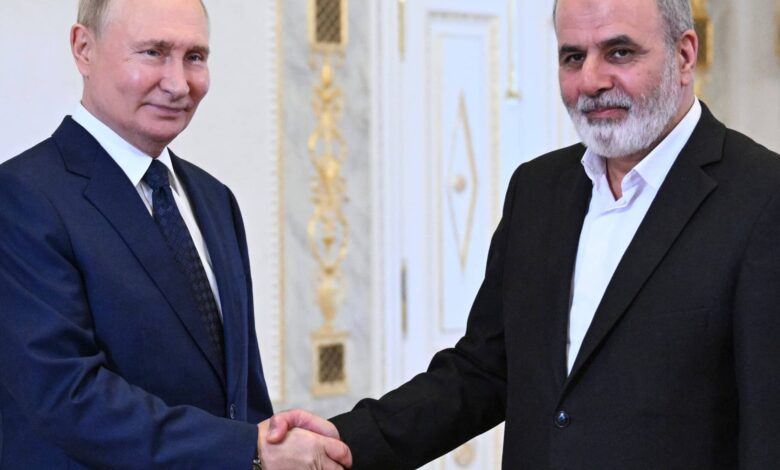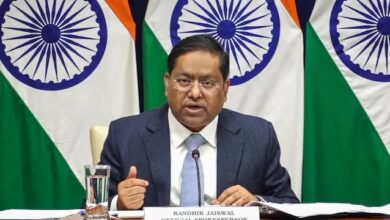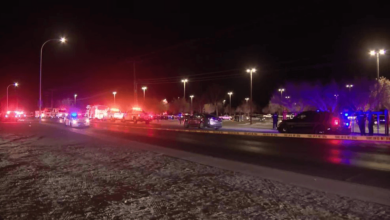
Anna Levina, a Russian researcher and photographer-documentarian in Beirut, prepares for the expected Israeli assault on Lebanon by stashing supplies, including non-perishable groceries left over since last October when fighting broke out between Israel and Hezbollah. The new spate of Israeli missile attacks across Lebanon- let alone Beirut- has left more than 2,000 casualties. “The feeling is unpleasant,” Levina said, “but I’ve been waiting for this moment for a year.”
An Israeli flag flutters atop an armored personnel carrier as it moves toward the Lebanese border. Large-scale ground operations by Israeli forces in southern Lebanon, battling with the radical group of Hezbollah fighters, mark a new and dangerous turn. “Israel is bombing residential buildings, and there was another air strike three kilometers from me on a medical center,” Levina said.
The broadening conflict created a long line of strategic dilemmas for Russia: analysts said that President Vladimir Putin’s foreign policy had been directed toward a “multipolar world” in strong opposition to the world order maintained by the US. The chance of a head-on confrontation between Israel and Iran implies a high level of concern regarding Russia’s interests across the globe.
While the US supports Israel militarily, Russia criticized entry into Lebanon by Israeli troops and asked for their withdrawal. The Kremlin also called the killing of Hezbollah leader Hassan Nasrallah-which it blamed on Israel-responsible for the escalation.
But even though Russia cooperates with Iran, especially in the military sphere, it does not seek a new grand conflict. As one analyst said, Moscow benefits from chaos in the Middle East but is “very prudent and careful with regards to the possibility of wider war.”
Levina says she hopes Hezbollah will impede the Israeli advance, reflecting on Israel’s past mistakes in Lebanon, saying it’s “the third time Israel’s making this mistake.”



